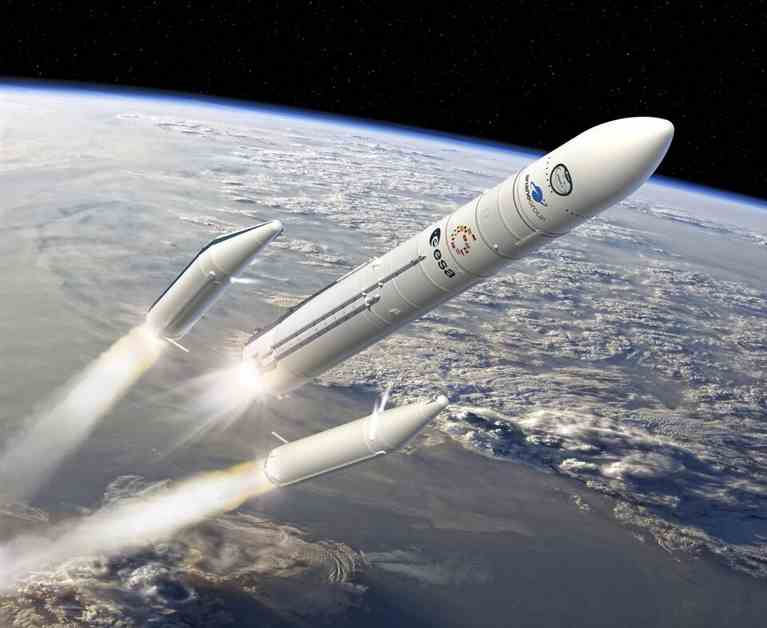Europe’s New Rocket Set to Launch Polymer 3D Printing Technology into Space
Europe’s space capabilities are set to take a significant leap forward with the upcoming launch of the Ariane 6 rocket. Scheduled for its debut flight in July 2024, this new rocket will replace the Ariane 5 and handle a wider range of missions. One of the most exciting aspects of this inaugural launch is the inclusion of the Replicator mission by Orbital Matter, a startup based in Warsaw, Poland, and Berlin, Germany. This mission aims to demonstrate new 3D printing technology in the harsh conditions of space, outside the “protective environment” of the International Space Station (ISS), where several 3D printers like the Refabricator by Made In Space, now part of Redwire, have been successfully used to create tools, spare parts, and medical supplies, and a bioprinter has even been used to create meniscus tissue.
The Ariane 6 is an all-new design created to succeed the Ariane 5 as Europe’s heavy-lift launch system. It boasts a restartable Vinci engine, allowing the upper stage to power up multiple times to insert payloads into precise orbits. This capability supports missions ranging from launching satellite constellations to deep space exploration. The rocket is being developed by ArianeGroup, a joint venture between Airbus and Safran, under the oversight of the European Space Agency (ESA). Orbital Matter’s Replicator mission will be a key payload on this first Ariane 6 flight. The mission will test a new 3D printing technology designed to operate in the vacuum of space and under microgravity conditions. The 3D printer on board will produce a 50 cm-long (roughly 20 inches) beam from a custom polymer material while orbiting at 580 km or 360 miles. This will be the first time 3D printing is demonstrated in open space outside the ISS.
In less than four months, Orbital Matter built the satellite, developed the payload, integrated it with the platform, and completed all necessary tests. The testing campaign took place in Toulouse at the Thales Alenia Space facilities, where Orbital Matter is part of the Space Business Catalyst Accelerator, known for supporting space industry startups by providing resources, mentorship, and access to advanced testing facilities. Orbital Matter’s technology was selected for this flight opportunity through the Once Upon a RIDE!/ESA campaign, managed by Paris-based digital platform RIDE! Space, which helps startups launch their projects into space. The campaign is part of ESA’s broader PUSH! Initiative, which provides funding and support to selected projects, allowing them to validate their technologies and accelerate their development.
3D printing was first tested in space on the ISS in 2014. It has proven helpful for the on-demand manufacturing of tools and spare parts. However, no 3D printing technology has been shown to work in significantly harsher conditions outside the ISS, in “open” space. The Replicator mission aims to change that. Orbital Matter’s 3D printing process does not require heat, which is crucial in the vacuum of space, where cooling parts is challenging. On Earth, parts cool through convection, where heat is transferred by the movement of air or liquid over a surface, like how a fan helps cool down on a hot day. But there is no air in space, so cooling relies on irradiation, where heat is slowly lost by radiating it away as infrared energy, which can take months.
As the launch date approaches, key milestones have been achieved. The payloads, including Orbital Matter’s satellite, arrived in Kourou, French Guiana, and are being prepared for integration. The final all-encompassing review of the Ariane 6 launch system was completed in April, and the upper composite transfer and integration on the launcher will take place in June 2024. With these preparations underway, the mission is on track for its upcoming launch, aiming to demonstrate new advancements in space manufacturing.

